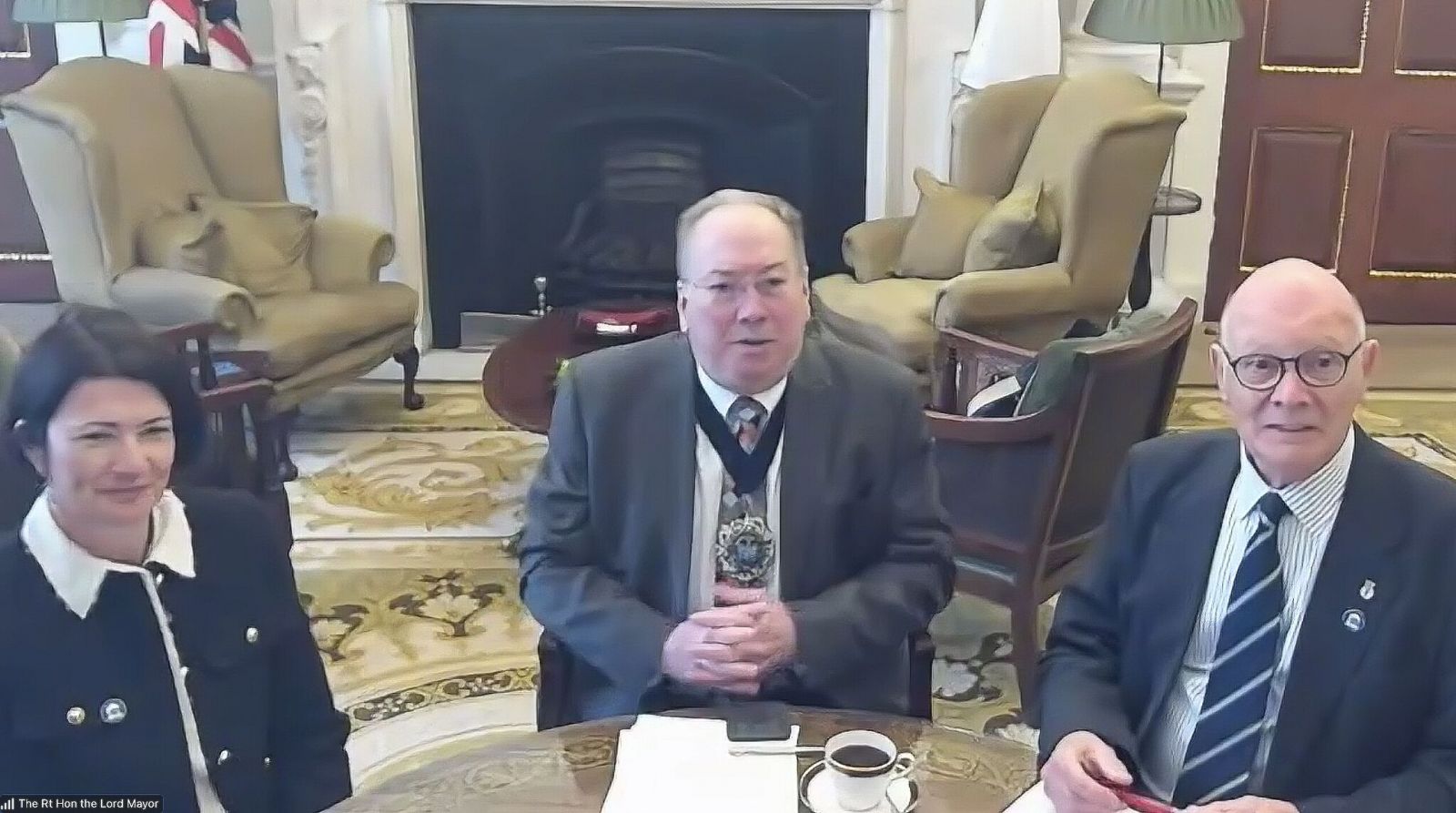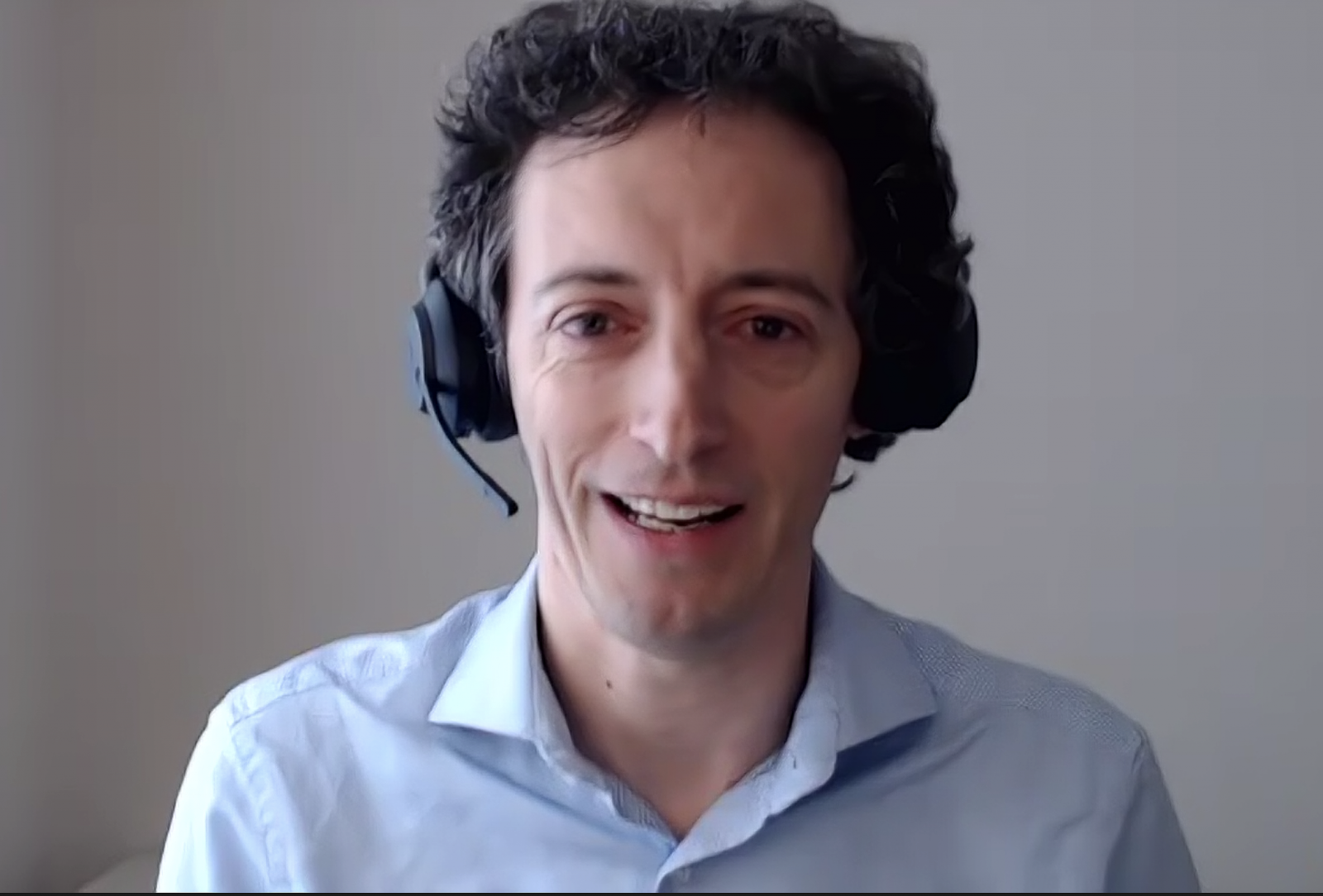Parametric insurance: What is it? How does it work?
July 2024
The Master's Series of in-depth online briefings for July took a deep dive into the growing area of parametric insurance.
Parametric insurance is a contract that is triggered and pays a pre-defined amount when a pre-defined event occurs. It is a non-indemnity contract, the amount paid out depends entirely on the parameters of the covered event, and not any resulting physical damage.
Dr Alan Punter of the WCI chaired a panel comprising Ola Jacobs of Descartes Underwriting and Kurt Cripps of Augment Risk, who each gave a short presentation, followed by an extensive Q&A session with the over 50 WCI members on the call.
One of many examples given was for river flooding, along the lines of if a river level rises 2.5m, then payout of £10m; or if rises 3m, then payout of £25m; or if rises 3.5m, then payout of £50m.
The advantages of a parametric contract is that payouts can be made very quickly, usually within days – as soon as the parameters of the event (such as river height in the example) can be certified by an independent agency. This enables remedial work to be undertaken much quicker than within an indemnity environment were claims have to be filed, adjusted, etc (which can take months or even years for major losses).
The main perils covered within parametric deals to date have been natural perils and weather-related – such as earthquake, hurricanes, temperatures and rainfall.
Parametric contracts can cover perils that are hard, or expensive, or impossible to obtain traditional indemnity insurance for. The key for a client is to find the best data source and parametric trigger structure that provides the best proxy for the impact of the pre-defined event on the client’s business.
Parametric insurance continues to grow, as data becomes more and more available, supplemented by monitoring devices.
According to Swiss Re, the total global economic losses in 2023 were $280 billion, but only around 40% of this total was insured. This gives a 60% ‘Protection Gap’ of around $170 billion. Parametric insurance can be used to fill some of this gap, by complementing traditional indemnity insurance.
• Podcast of the programme, including highlights of the Q&A
The Insurance Museum
May 2024
This Master's Series webinar gave members an opportunity to catch-up with the development of the Insurance Museum.
Museum Director Howard Benge explained how the next stage would be a temporary mini-museum in EC3 to build on the success of the virtual galleries: "We can send our virtual museum around the world but you can't beat having a physical presence".
Along with the recruitment of a learning consultant, this will accelerate plans to engage with school children as the museum roles out its education strategy. It will also serve as a base for guided tours of key insurance landmarks, including those associated with the Great Fire of London.
Ian Simons, Contents & Capabilities Director at the Chartered Insurance Institute, explained how the educational work of the Insurance Museum dovetails with the careers advice and wider promotion of the insurance industry the CII undertakes.


Lord Mayor Michael Mainelli in discussion
April 2024
The April Master's Series was a little different as it featured a discussion with Lord Mayor Michael Mainelli broadcast live from Mansion House. The questions were put to him by Master Claire Burrell and Livery Committee Chair Alan Punter.
 The Lord Mayor spoke about the traditions and history of the City and the Livery movement and how it was still very relevant today. He explained how he has been striving to create more effective networking across all the diverse elements of the City and to promote it as more than just the world's leading financial centre. He highlighted some of the work being done in life sciences, saying that since the days of Erasmus London had been a "science city".
The Lord Mayor spoke about the traditions and history of the City and the Livery movement and how it was still very relevant today. He explained how he has been striving to create more effective networking across all the diverse elements of the City and to promote it as more than just the world's leading financial centre. He highlighted some of the work being done in life sciences, saying that since the days of Erasmus London had been a "science city".
He summed up the City of London in three Cs – "Commerce, Community and Charity".
Economic prospects and risks for 2024
March 2024
The economic and geo-political landscape is highly volatile and Dr Menhart's talk was very topical, focussing on the latest key economic drivers, including:
The impact of geo-political instability in the coming year and longer term.
With the US election coming this year and the increasing likelihood of another Trump presidency, what impact would a Trump or Biden victory likely have?
What is the external verdict on the economic impact of Brexit on the UK and the Eurozone, now that some time has elapsed?
• Dr Menhart is Chief Economist and Head of the Economics, Sustainability & Public Affairs Central Division at Munich Re, and he reports to the CEO.
In this role, he is responsible for economic and insurance market research at Munich Re. He also leads the corporate responsibility team and the group’s government relations activities.
Before joining Munich Re in 2005, Dr Menhart worked as a business consultant at McKinsey & Company, where he advised global companies operating in the High-Tech and insurance sector.
Dr Menhart graduated with a degree in Economics from the University of Augsburg, where he also obtained his doctorate from the Faculty of Business and Economics with a dissertation on innovation dynamics in the German insurance market. He obtained his MA in Economics at Wayne State University in Detroit, USA.
Managing Climate Risk
January 2024
The Master's Series webinar on the impacts of climate change on risk profiles produced a fascinating discussion on how to identify and measure the impacts of global warming.
Entitled 'Meeting the challenges of tomorrow: Understanding the impact of climate change on natural catastrophe claims today and tomorrow', it was led by Swiss Re's climate lead Thierry Corti  and hosted by Liveryman Nick Kirk (pictured left).
and hosted by Liveryman Nick Kirk (pictured left).
 Thierry Corti unravelled the complex story behind the increasing cost of natural catastrophe claims, highlighting how economic growth and the desire of people to live in attractive areas already vulnerable to cyclones, hurricanes, storm surges and wildfires was contributing to the increasing losses. The solution is a joined up approach to risk management and risk mitigation.
Thierry Corti unravelled the complex story behind the increasing cost of natural catastrophe claims, highlighting how economic growth and the desire of people to live in attractive areas already vulnerable to cyclones, hurricanes, storm surges and wildfires was contributing to the increasing losses. The solution is a joined up approach to risk management and risk mitigation.
If you would like to find out more about our membership please click here.
Further information on membership can be obtained from the Clerk to the Company at
